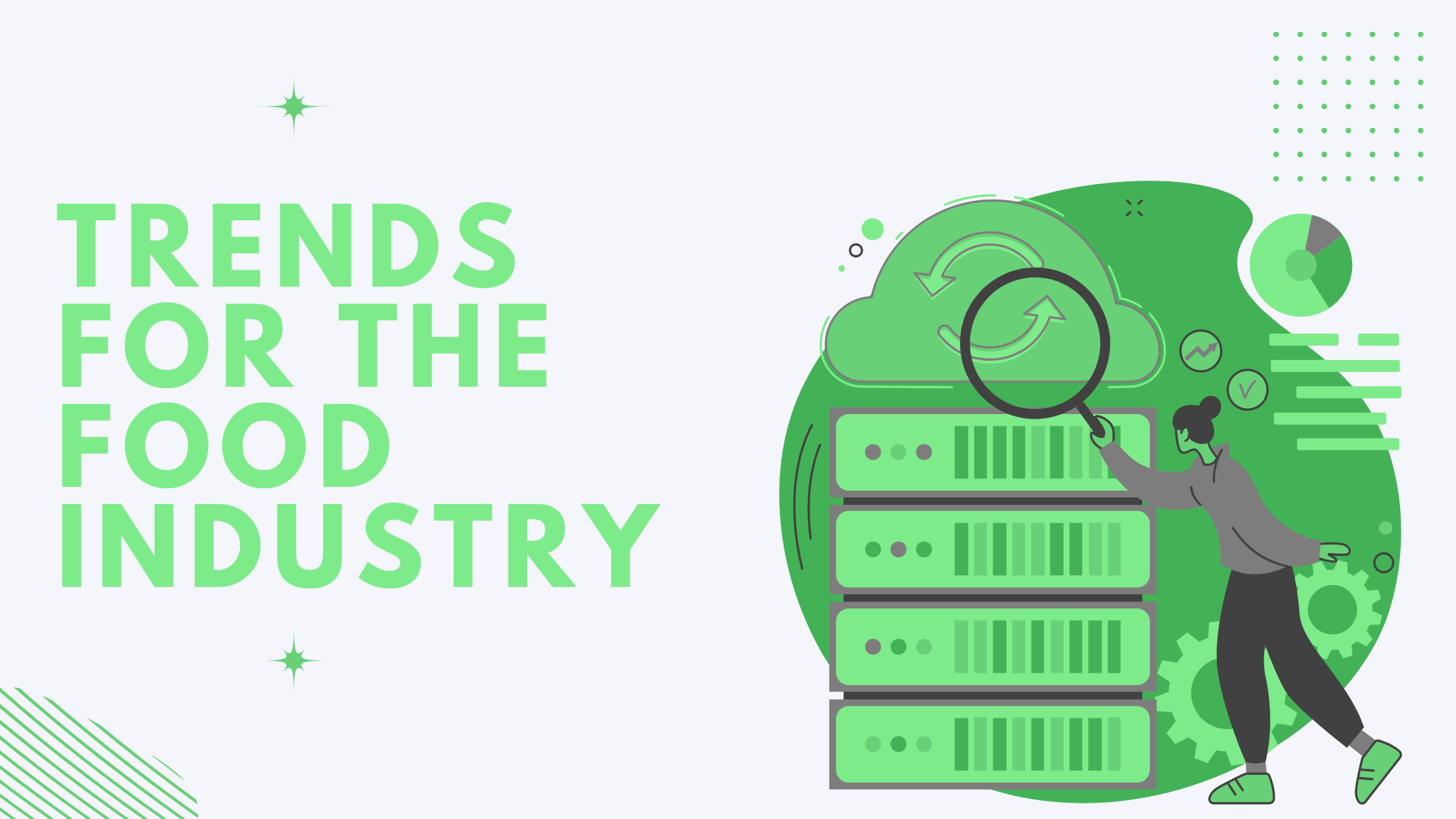
Food Industry: B2B Purchasing Behavior Trends and Forecasts

The B2B food industry is undergoing a significant transformation in the way transactions are conducted. Traditionally dominated by face-to-face deals and negotiations, business-level food and commodity purchasing has rapidly embraced e-commerce as a vital channel. A Forrester Research study reveals that online B2B sales in the United States reached $1.1 trillion in 2020 and are expected to grow to $1.8 trillion by 2026. This shift reflects businesses’ growing confidence and comfort in making digital purchases. .
| Changes in the Purchasing Behavior of the New Generations
B2B purchasing behavior is being redefined by young millennials and Generation Z, who are entering the workforce and assuming decisive roles in purchasing decisions. These generations are digital natives and prefer online platforms to research and purchase products.
According to a Merit report, 73% of millennial B2B buyers are involved in making purchasing decisions at their companies. Additionally, 44% of millennials prefer not to interact with sales representatives at all, preferring instead to make their purchases online. This trend highlights the need for companies to adapt to a digital business model that prioritizes convenience and accessibility.
Younger generations are also driving the use of emerging technologies in B2B transactions. According to an Accenture report, 41% of millennials expect B2B companies to offer an experience similar to that of B2C platforms, with intuitive interfaces, personalized recommendations and a frictionless purchasing process. This expectation is leading many companies to invest in advanced technology and improve the user experience on their online platforms.
The rise of social networks is also influencing the purchasing behavior of new generations. According to a LinkedIn survey, 62% of millennials use social media to evaluate suppliers and products before making a purchase. Platforms like LinkedIn, Instagram and Facebook have become key tools for product research and informed decision making.
In summary, new generations are revolutionizing purchasing behavior in the B2B market with a clear preference for digitalization, personalization and efficiency. Companies that do not adapt to these changes run the risk of being left behind in an increasingly competitive and technologically advanced market.

| Data on the Amount of B2B Online Purchases in the World
The global online B2B shopping market is booming. A Frost & Sullivan report projects that online B2B transactions will reach $6.7 trillion by 2028, representing 27% of all B2B sales. This growth is driven by digitalization and the adoption of e-commerce platforms that facilitate international trade.
In the food industry, the global B2B food platform market demand is estimated to reach a market size of nearly $249.21 billion by 2032, from $44.49 billion in 2023, with a CAGR of 21.1% during the study period 2024-2032. This trend reflects a massive adoption of digital solutions for the purchase of ingredients, fresh products and other goods essential for food production.
An analysis by Forrester suggests that 59% of B2B buyers will prefer to make their purchases on digital platforms by 2025. Additionally, a study by McKinsey & Company found that online transactions are not only growing in volume, but also in value, with a trend toward larger, more complex purchases made digitally. B2B platforms are expected to continue expanding, encompassing more and more industries and product types.
Statistics underline the magnitude of this market. According to the Food and Agriculture Organization of the United Nations (FAO), global trade in food and agricultural products reached $1.5 trillion in 2023, highlighting the importance of ingredients and commodities in the global economy.
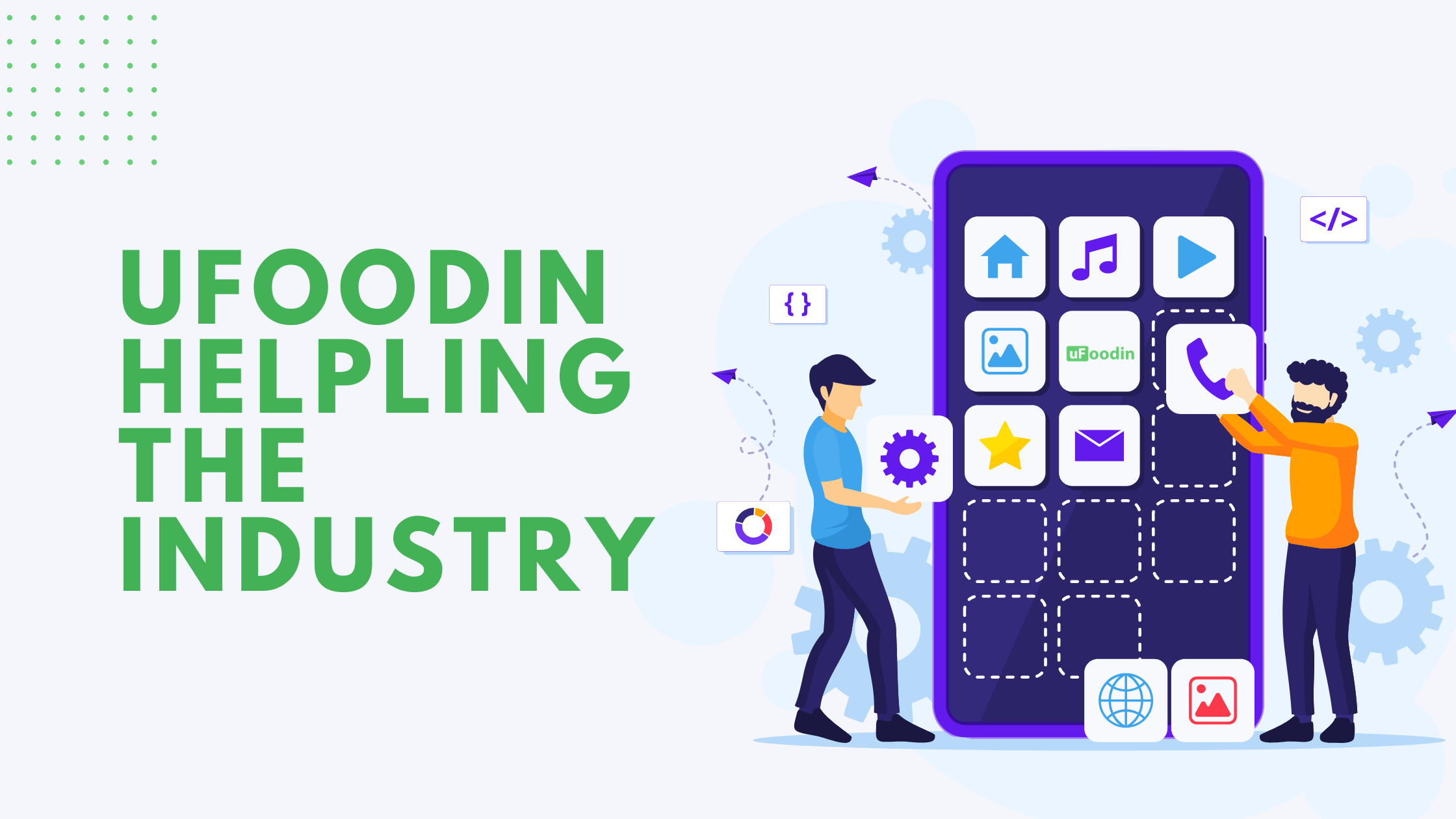
| The uFoodin Connection
In this context of change and growth, uFoodin presents itself as a crucial platform for B2B suppliers who want to sell online and expand their global reach. The importance of having a presence on platforms like uFoodin lies in several key factors. Firstly, uFoodin allows B2B suppliers to create a personalized e-store that can be accessible to buyers around the world, 24/7, offering constant visibility which is crucial to attracting new customers and maintaining ongoing business relationships.
Additionally, the platform offers advanced marketing and search engine optimization (SEO) tools that help brands appear in the top search results, thereby increasing visibility and the possibility of being discovered by potential buyers.
Moreover, uFoodin makes it easy to integrate with social networks and create targeted email campaigns, enabling suppliers to reach specific audiences and keep their customers informed about new products and special offers. The platform also guarantees secure and efficient transactions, which is essential for gaining the trust of buyers and fostering a trustworthy trading environment.
Furthermore, uFoodin provides analytics tools that allow suppliers to monitor their customers’ purchasing behavior, identify trends, and adjust their sales strategies accordingly. This comprehensive approach ensures that B2B suppliers can effectively navigate the digital marketplace, expand their reach, and enhance their sales performance on a global scale.
Purchasing behavior in the B2B food industry is rapidly evolving towards digital commerce, driven by the preferences of new generations and the efficiency of online platforms. With significant growth in online B2B transactions, it is crucial for suppliers to adopt platforms like uFoodin to maximize their global visibility and take advantage of market opportunities. By creating an e-store on uFoodin, suppliers can ensure their brands are known internationally, facilitating secure and efficient transactions that meet the needs of a global customer base.
uFoodin Editorial Team
LAST ARTICLES

Top 10 Cheese Importing Countries
Cheese has become a universal staple, loved and consumed globally for its versatility and wide-ranging flavors. In 2023, the global cheese market was valued at

Top 10 Beer Importing Countries
Beer, one of humanity’s oldest beverages, remains a cornerstone of social culture and global trade. In 2023, the global beer import market exceeded $40 billion,
FEATURED OFFERS
Related Posts

Top 10 Cheese Importing Countries
Cheese has become a universal staple, loved and consumed globally for its versatility and wide-ranging flavors. In 2023, the global cheese market was valued at

Top 10 Beer Importing Countries
Beer, one of humanity’s oldest beverages, remains a cornerstone of social culture and global trade. In 2023, the global beer import market exceeded $40 billion,
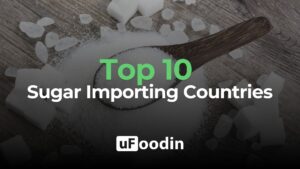
Top 10 Sugar Importing Countries
Sugar remains one of the most widely traded commodities globally, fueling industries from confectionery to beverages and processed foods. The global sugar import market was

Top 10 Wine Importing Countries
Wine imports are a key indicator of the evolving global demand for this centuries-old beverage. In 2023, global wine imports reached an estimated value of

Top 10 Tea Brands
Tea is one of the most widely consumed beverages globally, cherished for its diverse flavors, cultural significance, and health benefits. The global tea market has

Top 10 Coffee Importing Countries
Coffee remains a global staple, with over 2 billion cups consumed daily worldwide and an annual import volume exceeding 10 billion kilograms. In 2023, the

Functional Always active
Preferences
Statistics
Marketing

Functional Always active
Preferences
Statistics
Marketing
Report
There was a problem reporting this post.
Block Member?
Please confirm you want to block this member.
You will no longer be able to:
- See blocked member's posts
- Mention this member in posts
- Invite this member to groups
- Message this member
- Add this member as a connection
Please note: This action will also remove this member from your connections and send a report to the site admin. Please allow a few minutes for this process to complete.


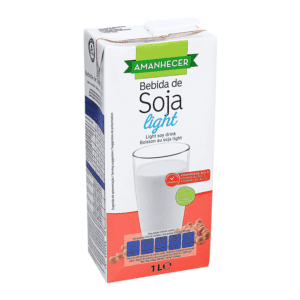









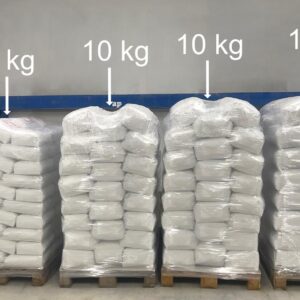


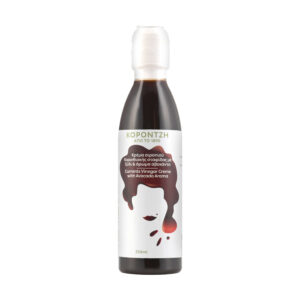

Responses